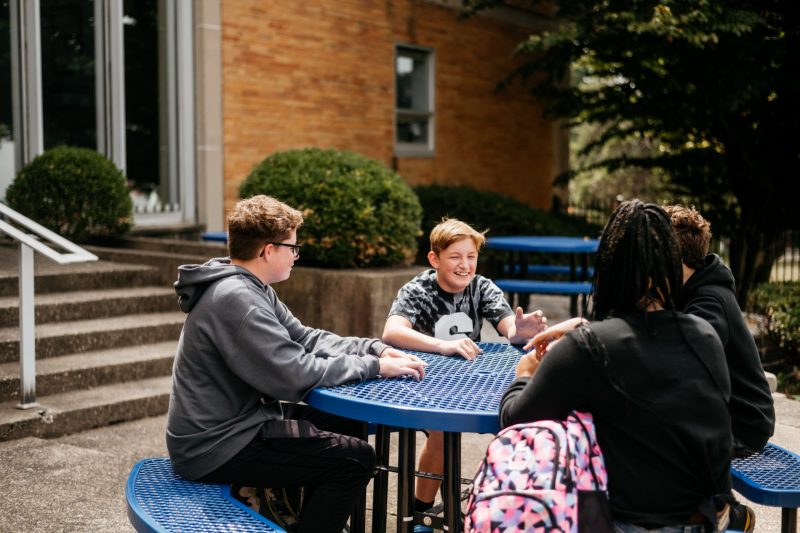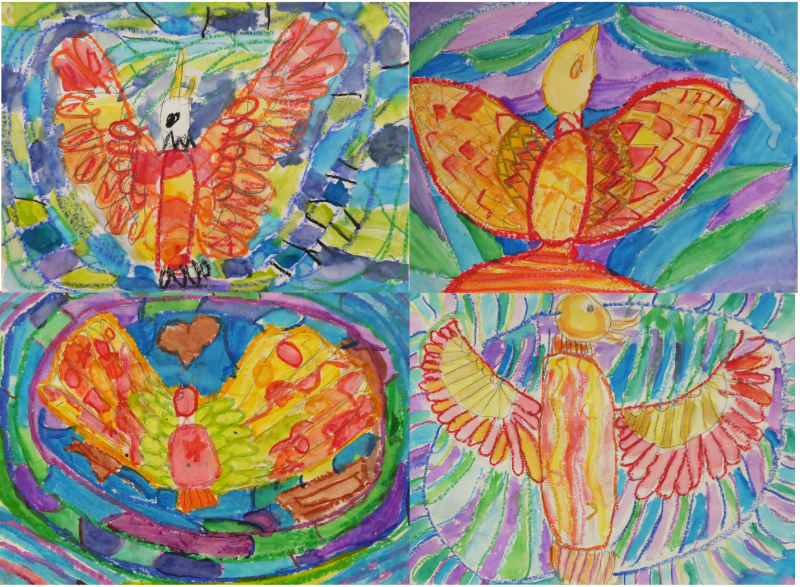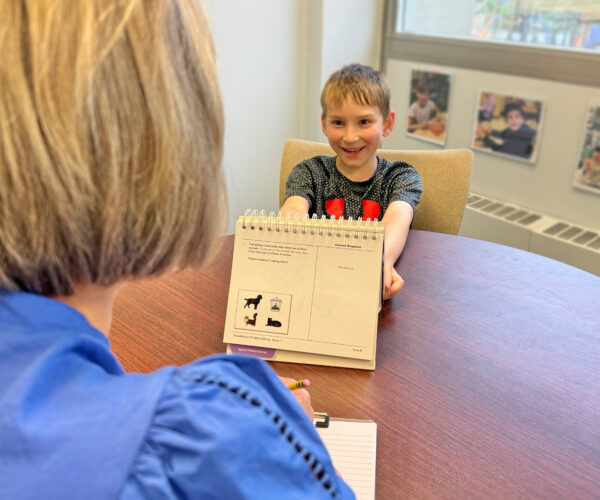
Wishing you many happy conversations in the new year!
January 3, 2024
A Vision for 2024
January 12, 2024
During the middle school years, tweens and teens may begin to increase their social time, time spent in clubs and activities and see more of a workload at school.
With increasing demands, it’s important for students to develop or hone organization and study skills that will be crucial for high school, college and adulthood. Kidshealth.org advises on a couple of the most important things for middle schoolers to learn. Here’s an excerpt:
Organization Skills
No one is born with great organizational skills — they have to be learned and practiced. Being organized is a key to success in middle school, as it's the first time that most students will have multiple teachers and classrooms, or do extracurricular or after-school activities. Students can benefit from parents helping with organizing assignments and time management.
Class information and assignments should be organized by subject in binders, notebooks, or folders. Teach your child how to use a calendar or personal planner to stay organized and schedule study times. Calendars or planners also should include your child's non-academic commitments to help with time management.
Your child should know how to make a daily to-do list to prioritize tasks and manage time. It can be as simple as:
- swim practice
- walk the dog
- dinner
- study for social studies test (30 minutes)
- finish math worksheet
- read over science class notes (15 minutes)
- put clothes away
Study Skills
Planning is a big part of helping your middle schooler study for tests now that they're juggling work from multiple teachers.
Be sure you both know when tests are scheduled, and plan enough study time before each. When there's a lot to study, help figure out roughly how much time it will take to study for each test, then make a study calendar so your child doesn't have to study for multiple tests all in one night.
Remind your child to take notes in class, organize them by subject, and review them at home each day.
Help your child review material and study with easy techniques like simple questioning, asking to provide the missing word, and creating practice tests. The more processes the brain uses to handle information — such as writing, reading, speaking, and listening — the more likely students will remember the information. Repeating words, re-reading passages aloud, re-writing notes, or visualizing or drawing information all help the brain retain data. Remind your child that it usually takes a few tries to remember something correctly.
In math or science, doing practice problems is a great way to review for tests. Your child can ask the teacher about online practice resources.
And remember that getting a good night's sleep is smarter than cramming. Studies show that students who skip sleep to study are more likely to struggle on tests the next day.

Springer knows that this advice is doubly important for students with ADHD and/or LD. That’s why our students in grades 6-8 are explicitly taught these skills at school. What is key is that these skills are also practiced by students and monitored by teachers so they truly become habits.
When these skills become habit, students reap the benefits in a major way! Springer alumni frequently tell us, “I still use the strategies I learned at Springer!” Now, that makes us proud!
Springer can help your middle school student develop these skills! Reach out to ">Shelby Chamberlin to discuss tutoring or middle school admissions.



